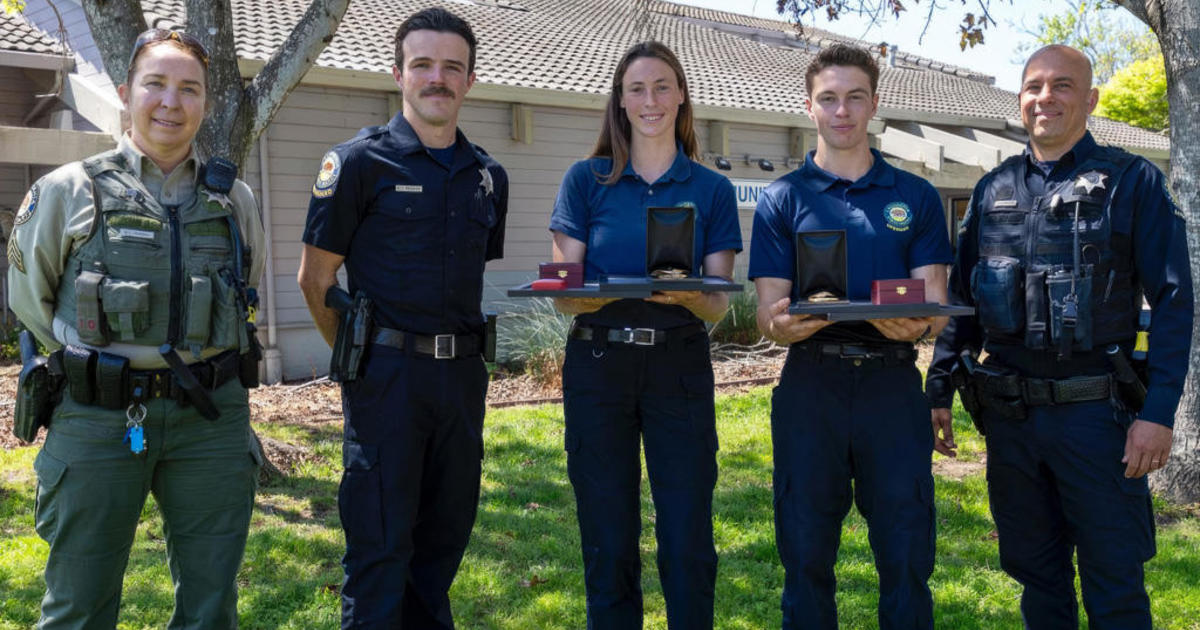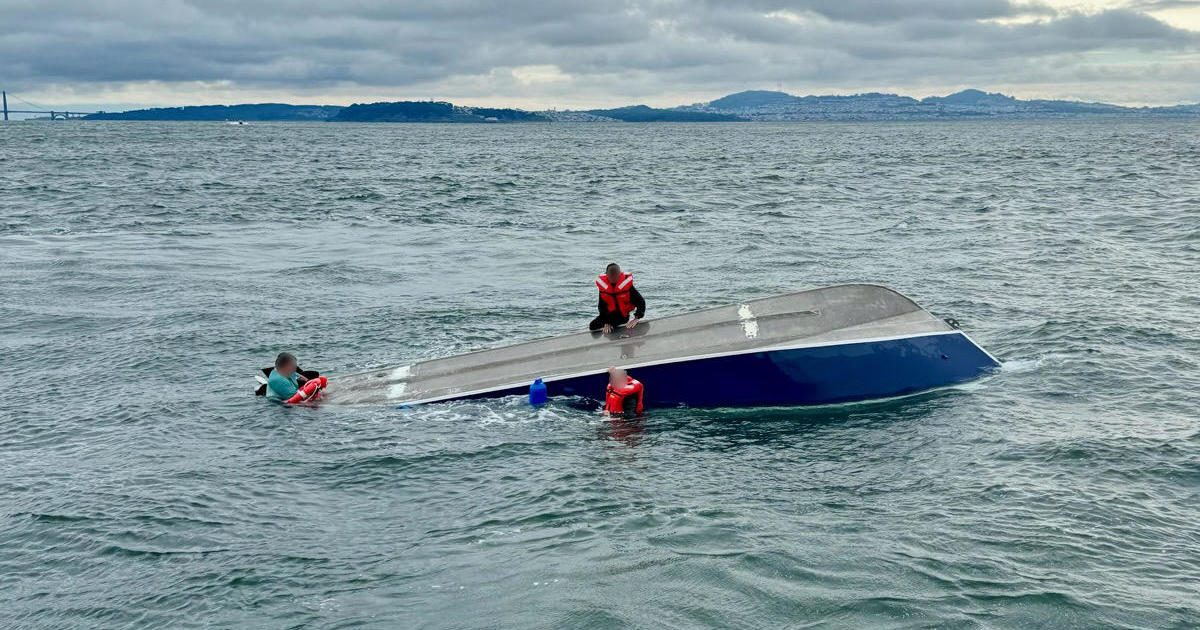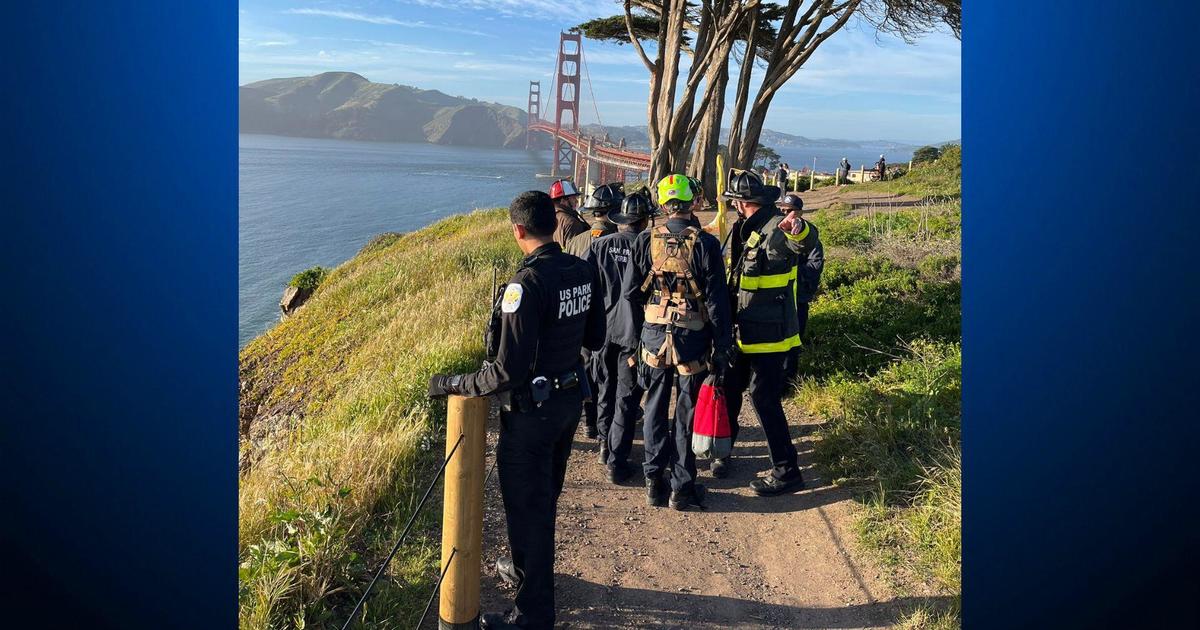Bechtel Engineer Says Caltrans 'Fell On Its Face' Over New Bay Bridge Steel
SAN FRANCISCO (KCBS)—As Caltrans officials scramble to figure out just what went wrong with the seismic safety anchor rods on the Bay Bridge's new eastern span and how to repair them, they are paying close attention to an unsolicited report from a retired engineer.
MTC and California Department of Transportation officials learned recently that about one-third of the 96 bolts that were installed on a pier just east of Yerba Buena Island had popped out several inches after they were tightened.
Those bolts, which were manufactured in Ohio in 2008, are located near where the new span's self-anchored suspension span meets its skyway.
Metallurgist Yun Chung, a retired engineer who once worked for Bechtel , produced a 32-page report that cites inadequate steel specifications and claims Caltrans engineers were ignorant to the threat of hydrogen embrittlement—a process in which high strength metals, such as steel, become brittle and fracture due to hydrogen exposure.
Retired engineering professor Charles McMahon at the University of Pennsylvania has read Chung's report and agrees with his findings.
Podcast
"It's suspected by the purity of steel, whether the steel has certain elements in there that cause it to be susceptible to this and this steel does."
Chung, who specialized in high-strength steel analysis for the nuclear power industry, told the Contra Costa Times in a report on Tuesday that Caltrans only focused on the hydrogen effects during the production process. He said Caltrans "fell on its face."
Meanwhile, the bolts on the new eastern span that haven't failed may have to be replaced nonetheless.
Officials told the Metropolitan Transportation Commission's Bay Area Toll AuthorityWednesday that they still don't know whether the problem will force a delay in plans to open the new span in early September.
"Give us two weeks to give you an answer," MTC Executive Director Steve Heminger said.
California Transportation Committee Executive Director Andre Boutros said transportation officials are looking at two possible approaches to the problem: building a steel collar in which two plates would be stacked or welded together, or building a steel saddle.
A contractor already has placed a steel order for both design options, Boutros said.
Heminger said the bolts made in 2008 definitely need to be replaced before the new span opens, but that "the hardest question" is whether to replace another batch of 192 bolts that was made in 2010.
He said none of those bolts have failed in tests over the past month, but that more testing will need to be done before they are considered safe.
Dougherty said the decision on the 2010 bolts will be a key factor in whether the new eastern span can open on time in September.
He said Wednesday, "We don't know if we can count on the 2010 bolts."
(Copyright 2013 by CBS San Francisco and Bay City News Service. All Rights Reserved. This material may not be published, broadcast, rewritten, or redistributed.)



